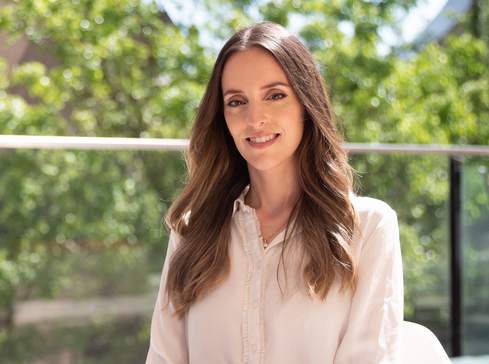2022 Finalist Filipa Cardoso, Ph.D. LIMM Therapeutics SA, Cantanhede, Portugal

Filipa Cardoso received her bachelor’s degree in biochemistry and master’s degree in health sciences from Universidade do Minho, Portugal. Here she was introduced to the field of immunology, working in the immune response to tuberculosis infection and to colitis models. She did her Ph.D. in the lab of Henrique Veiga- Fernandes at the Champalimaud Foundation, Portugal. Her research focused on how the nervous and the immune systems interact to control metabolism. After completing her Ph.D., Filipa Cardoso joined LIMM Therapeutics SA, a biopharmaceutical company which stemmed from the Veiga-Fernandes lab. Currently, she is striving to translate the knowledge obtained from basic research to clinical application by harnessing the molecular crosstalk between neuronal and innate lymphoid cells within peripheral tissues.
The Brain Fat Connection
The nervous and immune systems are essential for the control of metabolism at the systemic and tissue levels. The adipose tissue is not merely a fat storage site, but rather an active neuroendocrine organ that maintains essential body functions from reproduction to muscle activity. These neuroendocrine functions are only possible thanks to a complex communication network between the brain and the adipose tissue. Obesity and obesity associated conditions stem from the malfunction of this finely tuned regulation that leads to immune dysfunction. Dr. Filipa Cardoso and colleagues dissected an essential metabolic tuning pathway relying on interorgan communication. Notably, this work highlights that the nervous system is not a onedimensional regulatory axis of adipose tissue, solely promoting lipolysis and thermogenesis through adrenergic signaling in adipocytes. Instead, a brain-adipose sympathetic circuit integrates neuronal and mesenchymal signals to orchestrate ILC2 activation and control adipose tissue physiology.
For Filipa Cardoso’s full essay, see Science online.
